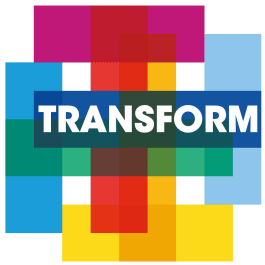Without™ extracts valuable materials from multi-layered plastic waste (MLP) and upcycles them into premium products, while providing dignified employment to informal waste collectors.
India generates over 3 million tonnes of MLP waste annually, which is nearly impossible to recycle efficiently using conventional methods. At the same time, despite their vital role in the recycling ecosystem, the estimated 4 million informal waste-collectors nationwide often live in poverty, with no job security, health benefits, or dignified working conditions.
Without™ has developed solutions to both challenges. Since launching in 2020, it has developed a scalable method to recycle MLP - a material that’s notoriously difficult to process. It extracts high-quality materials from MLP waste and upcycles them into premium plastic products, while integrating informal waste collectors into formal, dignified employment within its supply chain.
Without™’s pilot facility, known as a demonstration plant, was built to test and prove its recycling process on a small scale. It now processes 1.5 tonnes of MLP annually. The first 10 waste collectors employed have doubled their income and gained access to health insurance, job security, and flexible working conditions.
TRANSFORM’s support will enable Without™ to scale its initial demonstration plant with upgraded machinery and new blow-moulding capabilities. This will increase its processing capacity to over 30 tons of MLP annually and enable manufacturing of blow-moulded bottles and other products. By January 2026, Without™ expects to have processed an additional 8 tons of MLP and produced a hundred thousand recycled products, from shampoo bottles to sunglasses to coasters and much more.
As the plant scales up, Without™ expects to formally employ an additional 20 workers, primarily women, to work in manufacturing setup, providing these workers with a stable income, anticipated to represent an increase of at least 2x from their current income, as well as health insurance and skill-based training. In addition, a further 30-50 informal waste collectors who work with local collectives will be brought into the supply chain, increasing their incomes by on average 3-5%.
Get in touch with Ashaya
If you would like to learn more or explore more opportunities for collaboration, click below to connect with this enterprise.

